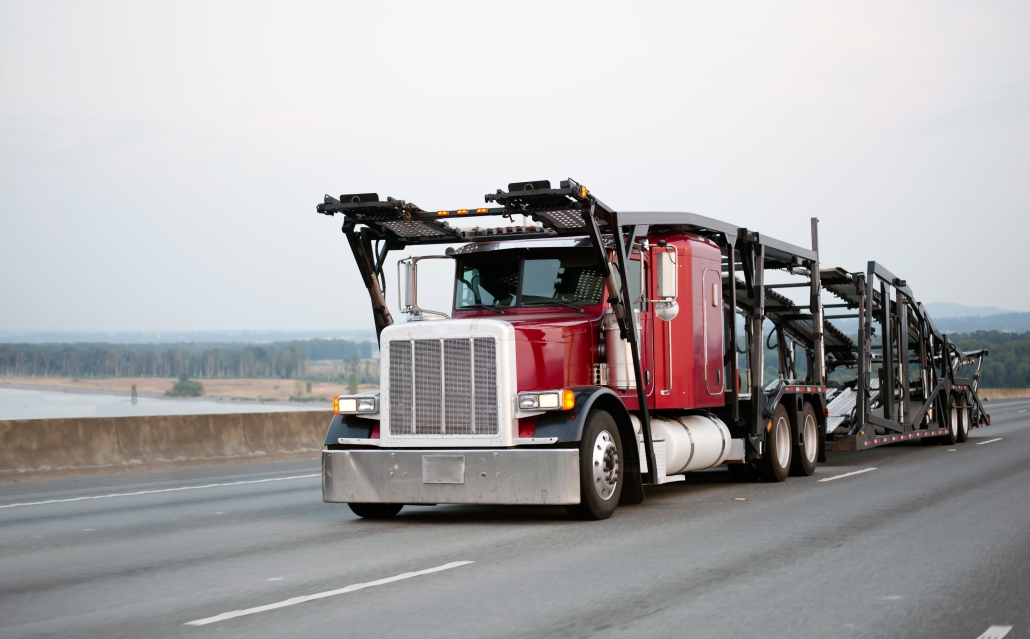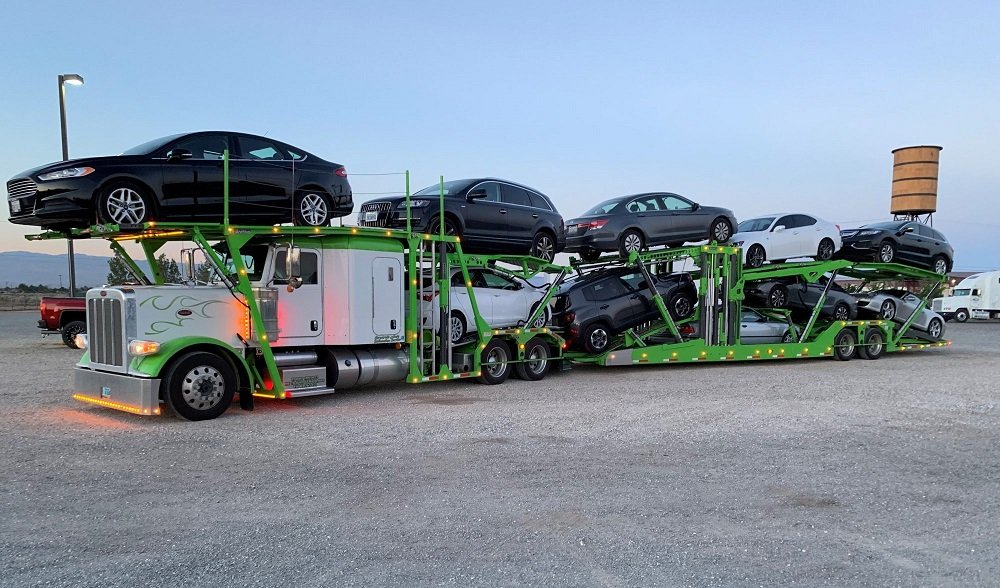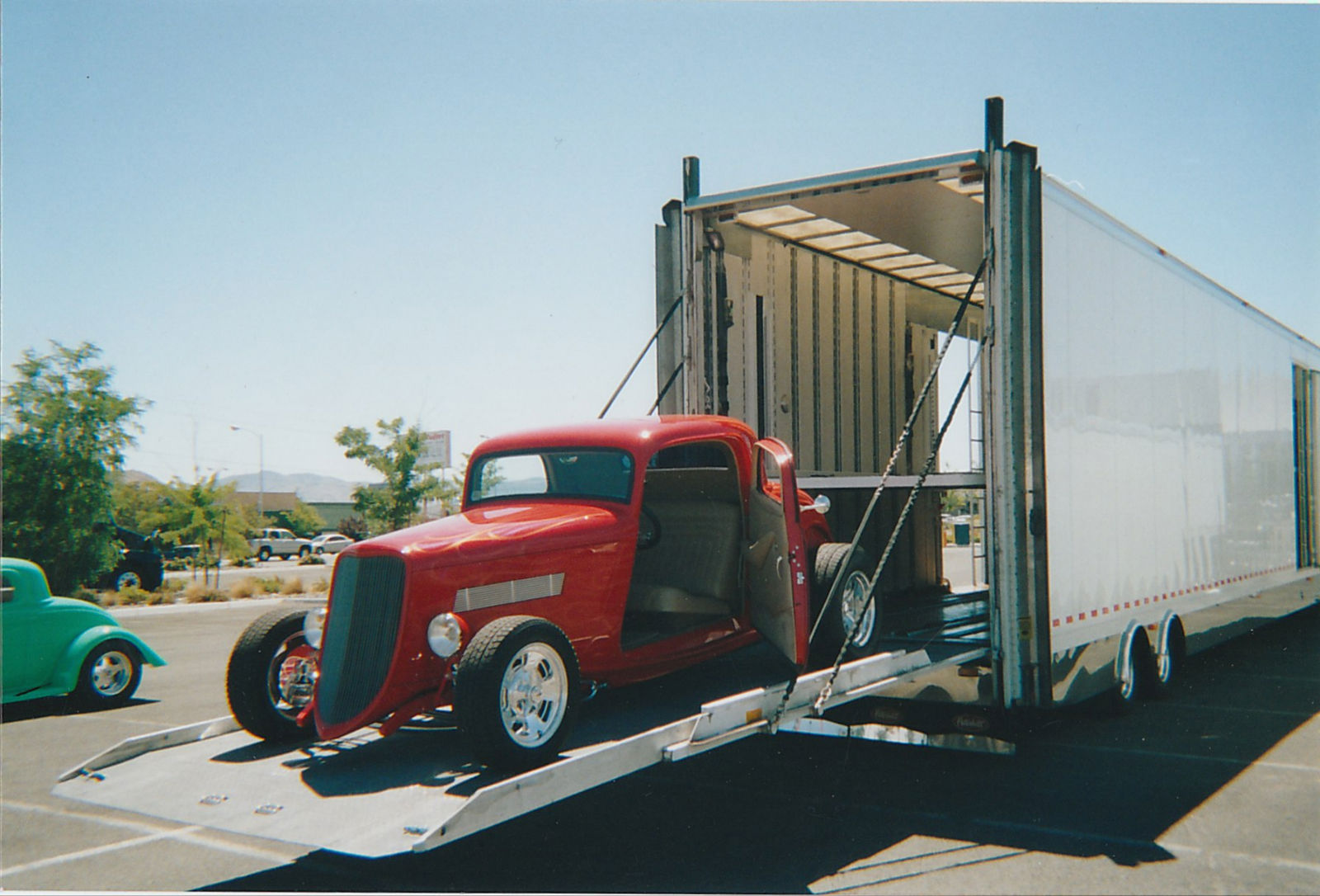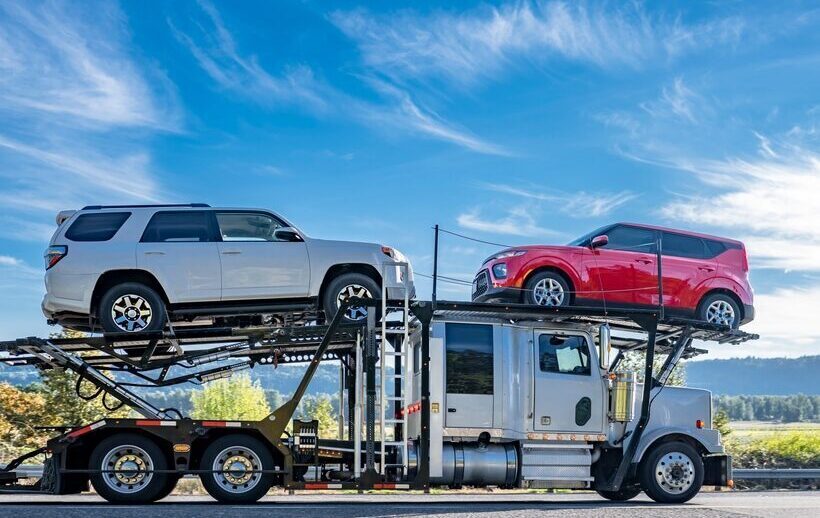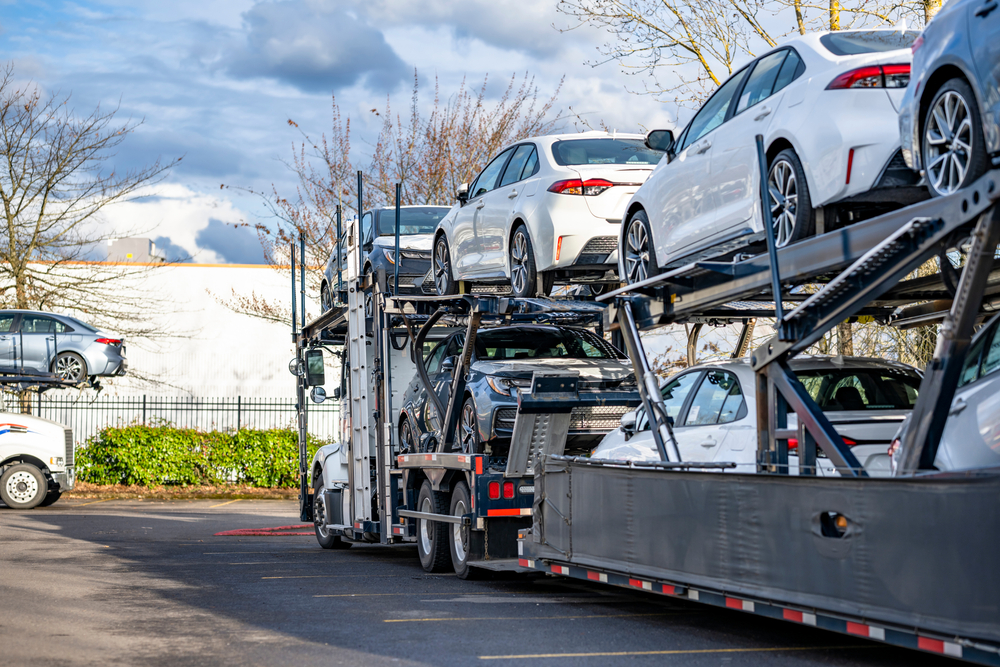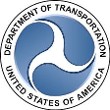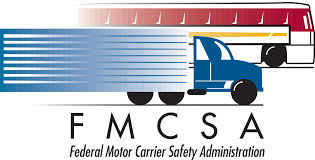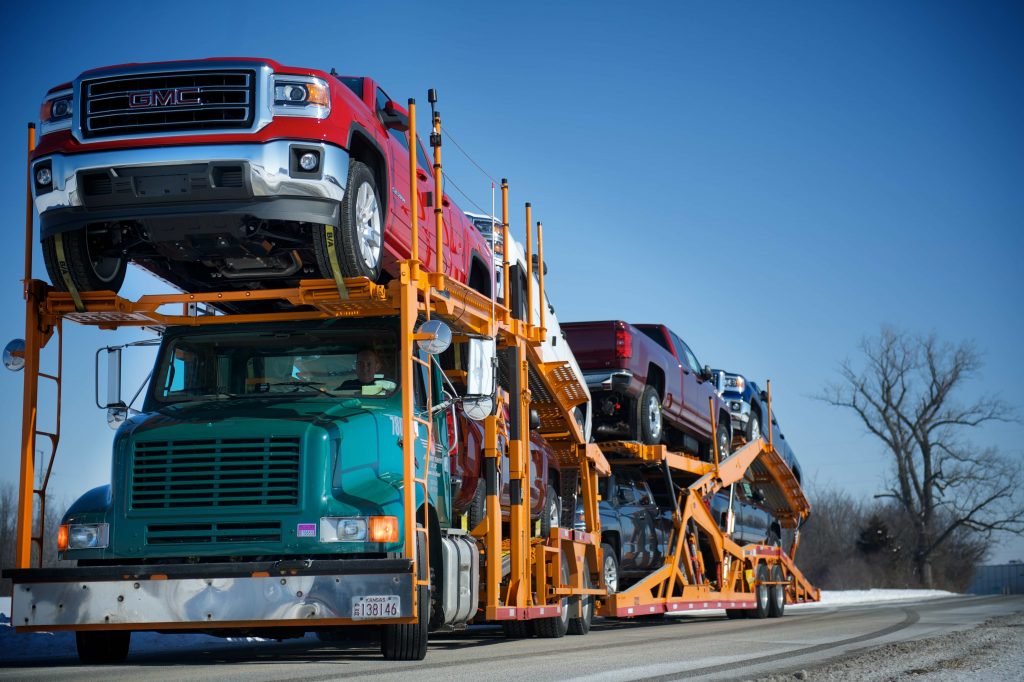
How to Read and Compare Auto Transport Reviews Effectively
In today’s digital marketplace, customer reviews play a pivotal role when choosing an auto transport company. However, not all reviews are created equal, and learning how to read them effectively can save you time, money, and potential headaches. As experienced professionals in the auto transport industry, we’ve put together this comprehensive guide to help you navigate and compare auto transport reviews with confidence.
Why Reviews Matter in Auto Transport
Auto transport is a significant service that involves entrusting your valuable vehicle to strangers. Unlike purchasing a product that you can simply return if it doesn’t meet expectations, auto transport is a one-time service where quality and reliability are paramount. Reviews provide real-world insights from customers who have already gone through the process you’re considering.
Look Beyond Star Ratings
While a five-star rating may catch your eye, it’s important to dig deeper. Here’s what to look for:
- Review depth: Detailed reviews that describe specific aspects of the service tend to be more reliable than vague, one-line comments.
- Specificity: Look for mentions of pickup and delivery timing, communication quality, vehicle condition upon arrival, and overall customer service experience.
- Balance: A company with only perfect reviews might raise suspicion, while a company with a mix of mostly positive reviews and a few constructive criticisms often signals authenticity.
Red Flags to Watch For
When reading auto transport reviews, be alert to these warning signs:
- Generic language: Reviews that lack specific details about the transport experience may be fabricated.
- Timing clusters: Multiple glowing reviews posted within a short timeframe could indicate a coordinated effort rather than organic customer feedback.
- Unaddressed complaints: Pay attention to how companies respond to negative reviews. A professional company will acknowledge issues and explain how they’re addressing them.
Compare Reviews Across Multiple Platforms
Don’t limit your research to a single review site. Check reviews across:
- Transport-specific platforms: Sites like Transport Reviews or Moving Guardian focus specifically on the moving and transport industry.
- General review sites: Google Reviews, Yelp, and the Better Business Bureau provide broader perspectives.
- Social media: Facebook, Twitter, and Instagram can offer unfiltered customer experiences and show how companies handle public feedback.
Interpret Review Patterns, Not Isolated Incidents
Every company may have an occasional unsatisfied customer. What matters more is:
- Consistent issues: Do multiple reviews mention the same problems?
- Response trends: Does the company consistently respond professionally to feedback?
- Improvement over time: Have recent reviews improved compared to older ones?
Contextual Considerations
Remember that context matters when reading reviews:
- Seasonal factors: Auto transport during winter months or holiday seasons might face weather delays or higher demand challenges.
- Route popularity: Transport between major cities often has more competition and potentially better service than rural or uncommon routes.
- Service type: Enclosed transport reviews may reflect different expectations than open carrier transport.
Ask the Right Questions
After reading reviews, prepare questions for the transport companies based on any patterns or concerns you’ve identified. For example:
- “Several reviews mentioned communication issues during transport. How do you keep customers updated on their vehicle’s progress?”
- “I noticed some feedback about delivery timing. What’s your policy on delivery windows and delays?”
Trust Your Instincts
Finally, after thoroughly researching reviews, trust your instincts. If a company’s representative is evasive when you ask about concerns raised in reviews, consider it a warning sign. Conversely, a company that openly discusses both positive feedback and areas for improvement demonstrates transparency and commitment to customer satisfaction.
Conclusion
Taking the time to properly read and compare auto transport reviews is an investment in your peace of mind. By looking beyond surface ratings, identifying patterns, and cross-referencing across platforms, you’ll be better equipped to choose a reliable auto transport provider. Remember that the most valuable reviews offer specific details about the entire transport experience, from initial quote to final delivery.
At The Car Carriage, we believe in transparency and continuous improvement through customer feedback. We encourage you to apply these review-reading strategies not just when considering our services, but whenever you’re evaluating auto transport options. Call 855-723-3200 for your free quote today!

